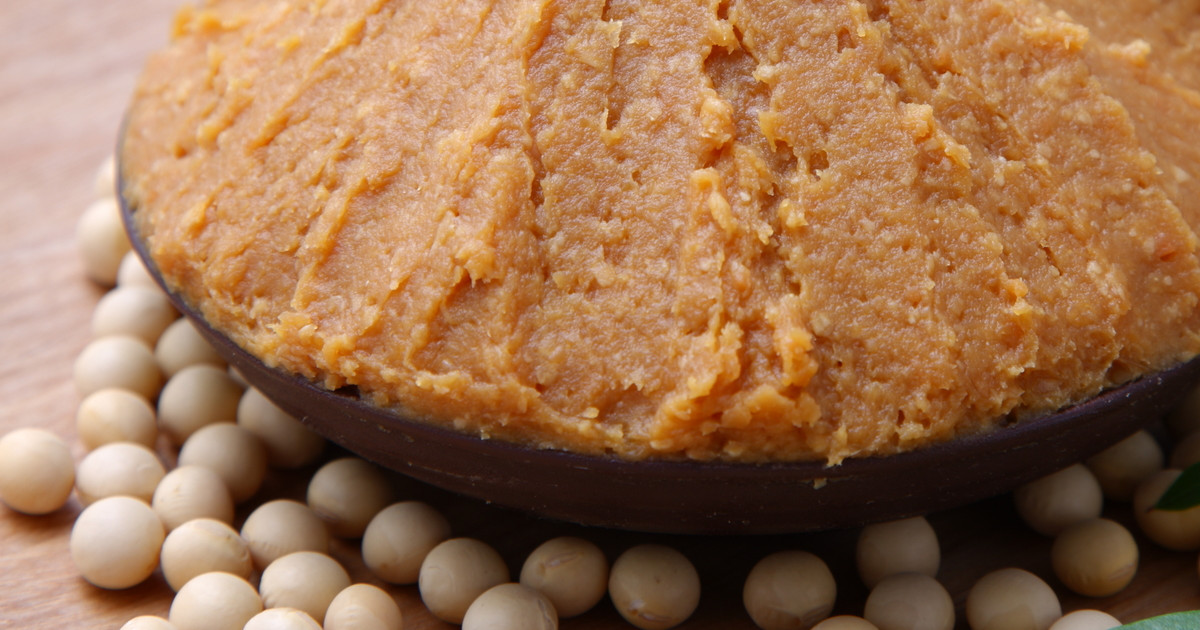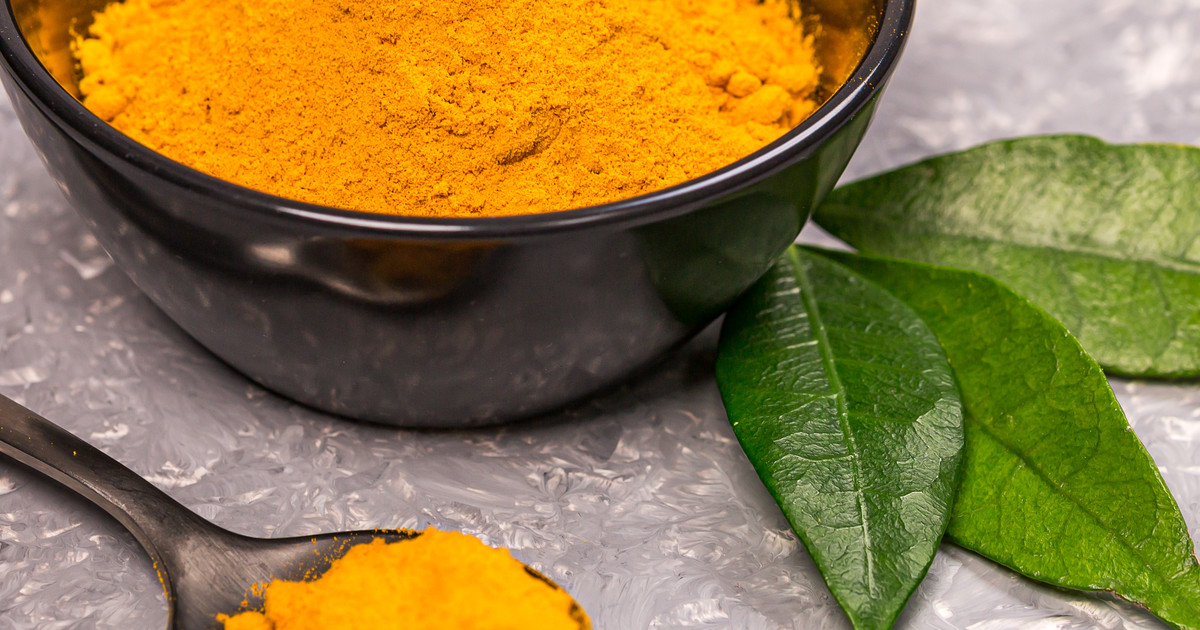Awesome Foods That Curb Anxiety
For those struggling with anxiety, finding ways to curb the stress and worry caused by the disorder can lead down quite a few rabbit holes, producing mostly questionable results. One method to reduce these effects is through diet. Food is the lifeblood of the body and mind. Humans derive a lot of pleasure out of food; it boosts dopamine and serotonin, the happy hormones that make people feel better and self-confident. If someone is struggling with their mental health, a change of diet might be just what the doctor ordered - literally.
Miso

High in protein, miso has been used for centuries for better health. Fermented foods seem to be very popular at the moment; withkimchi, kombucha, and sauerkraut being the top three. Miso has been rising as a popular option to those that want to restore their gut microbiome because it has been linked to what’s called the gut-brain axis. The healthier the microbiome, the healthier the brain. In a research study, when harmful bacteria in the gut was replaced with natural bacteria, the brainwascalmed, and anxiety waned. This research is ongoing, but miso has shown itself to be a real superfood to curb anxiety.
Turmeric

Turmeric’s role as an antioxidant and anti-inflammatory has been well documentedfor years. Used in eastern medicinal practices for a variety of purposes, turmeric is one spice that should be in everyone’s pantry. The active ingredient, curcumin, has been shown to balance the brain’s chemical hormones including serotonin, glutamate, dopamine, and noradrenaline. Curcumin appears to act as an anxiolytic, known to help with calming anxiety and depression. This combined with the anti-inflammatory effects curcumin provides for the brain make turmeric a wonder for curbing anxiety. For those taking an antidepressant or other anxiety drugs, turmeric has proven to enhance the effects of these drugs, ultimately making them more efficientin the battle against anxiety.
